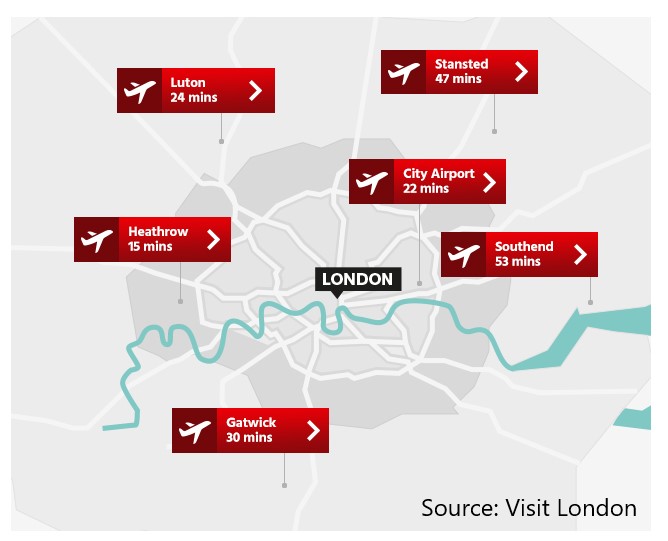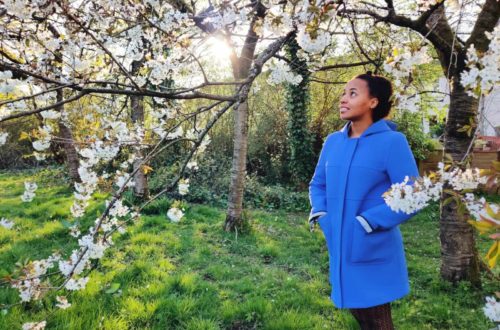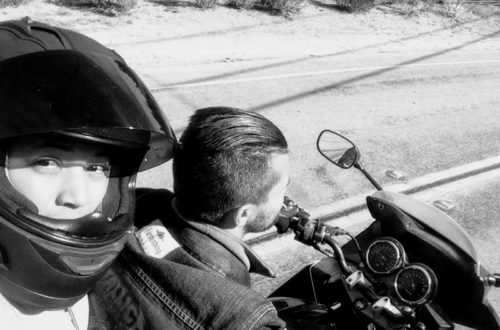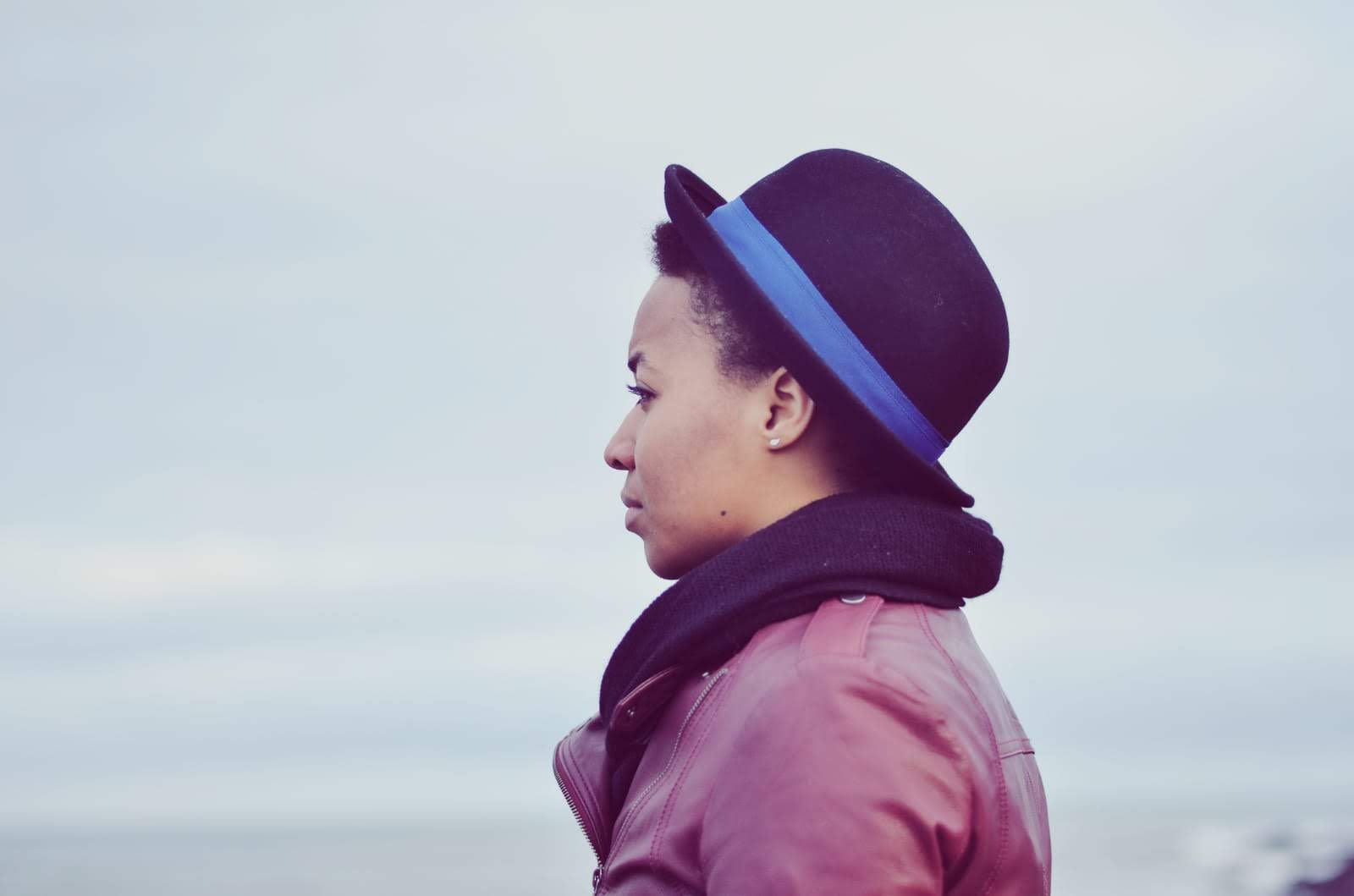
Why I don’t recommend researching your chronic illness alone
“Looks fine to me,” the young GP reported. He paused for a moment after performing an initial observation which lasted less time than what I spent twiddling my thumbs in the waiting room. “Maybe it’s dry eye?” He suggested I use eye drops to relieve the “dryness.” I didn’t know it then but this doctor’s visit would mark the beginning of why I don’t recommend researching your chronic illness alone.
While I was still in the chair, I made another attempt to describe how painful moving my eye around was and how unusual this was to me. I also reminded the good doctor how in a matter of days I had gradually LOST THE VISION in the centre of my eye. Despite this, in his eyes, there were no visible signs of injury.
Between wincing through his inspection and chats about my upcoming holiday in Vermont, he could tell I wasn’t satisfied with his prescription of OTC saline eye drops. The next few weeks I longed for a diagnosis of dry eyes.
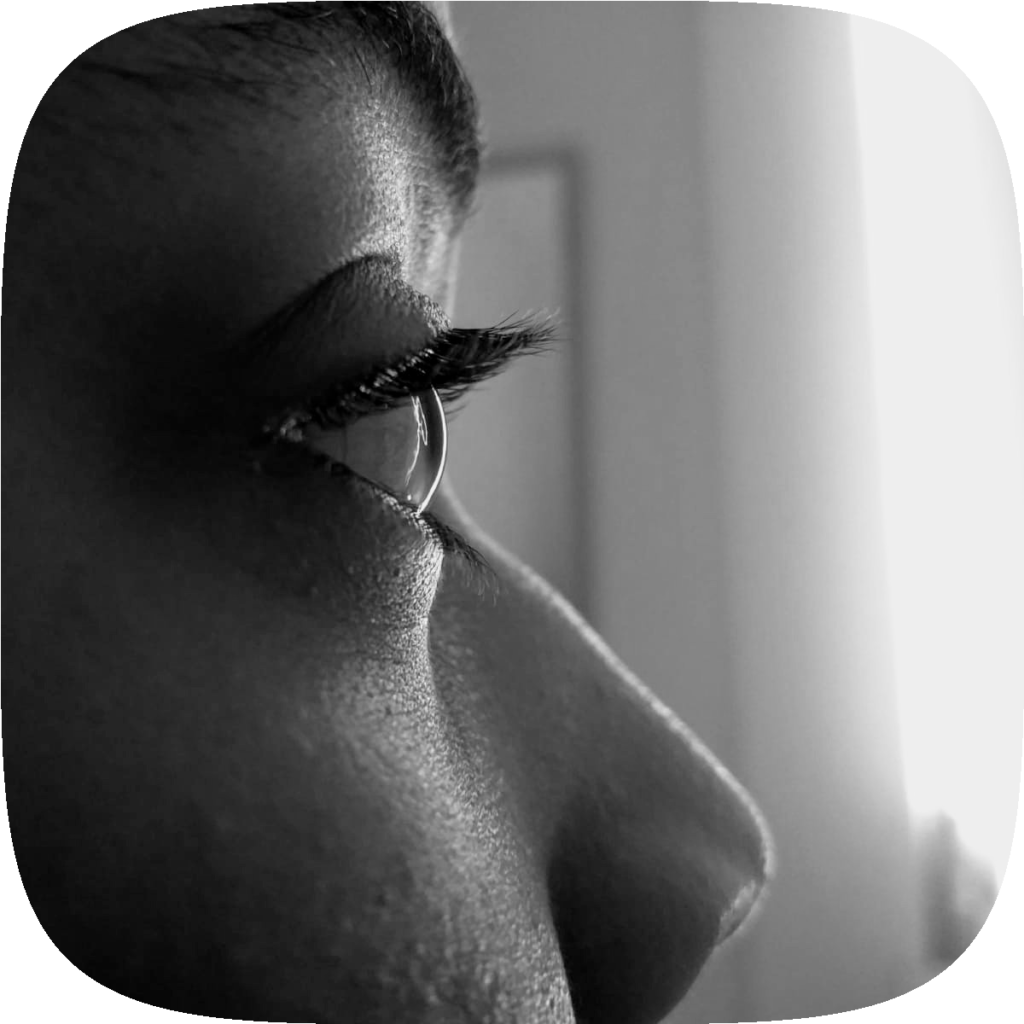
In researching your chronic illness, you might find yourself asking questions like me: “OK Google…What is Optic Neuritis?”
Even though I was in such unusual pain, I seemed fine on the outside. The young GP eventually referred me to an Ophthalmologist (eye specialist). I was volunteering in California at the time.
The Ophthalmologist–cool and seemingly important–appeared to want to be there almost as much as I did. Half listening, he “uh huh”-ed while he examined me and I described my symptoms. After a few minutes, he leaned back in his chair, folded his arms and looked me dead in my good eye (humour helps).
“Well I can keep doing tests or I can just tell you what it is.” I guarantee you, this doc will not go down in my books for expert bedside manner.
“It looks like it could be Optic Neuritis.” I had no idea what that was–some days, I’m embarrassed to say, I still can’t describe what it is properly! “The bad news is it’s usually associated with MS.”
I vaguely recalled reading about ‘MS’ a little while back in an article about Ozzy Osbourne’s son but I didn’t really know what MS was at the time.
While my inner dialogue continued so did the unenthusiastic doc. He thought that it was unlikely to be MS considering where I’m from.
My eyes were heavy from the drops he used earlier and now my mind was racing from this news that I could barely process it all. On the ride home, all I remembered was that my vision loss was associated with MS and that I was being referred to a Neurologist.
I was curious about optic neuritis but I ruled out the possibility that I had Multiple Sclerosis
After excessively Googling optic neuritis, I chose to ignore the link to MS. Instead, I put myself in the category of people who experienced this inflammation due to an infection. After my meeting with the eye specialist, everything happened quite quickly.
Most memorably, the once fully booked Neurologist had a cancellation and I could see him a few days after the Ophthalmologist. The real potential for a diagnosis of MS was beginning to sink in. In the days leading up to my Neurologist appointment, I panicked. I did something I would never recommend doing alone in the wee hours of the morning: I binge Googled “what is MS?” before I was officially diagnosed.
By the time I sat on the Neurologist’s chair, my head was full. I was defensive and determined to “prove” that I did not have MS. Unsurprisingly, I passed all his tests. My eye was still pretty sore but I was starting to get used to the partial vision. The only thing left to do was to have a MRI.
The MRI was scheduled for the week after my Vermont trip.
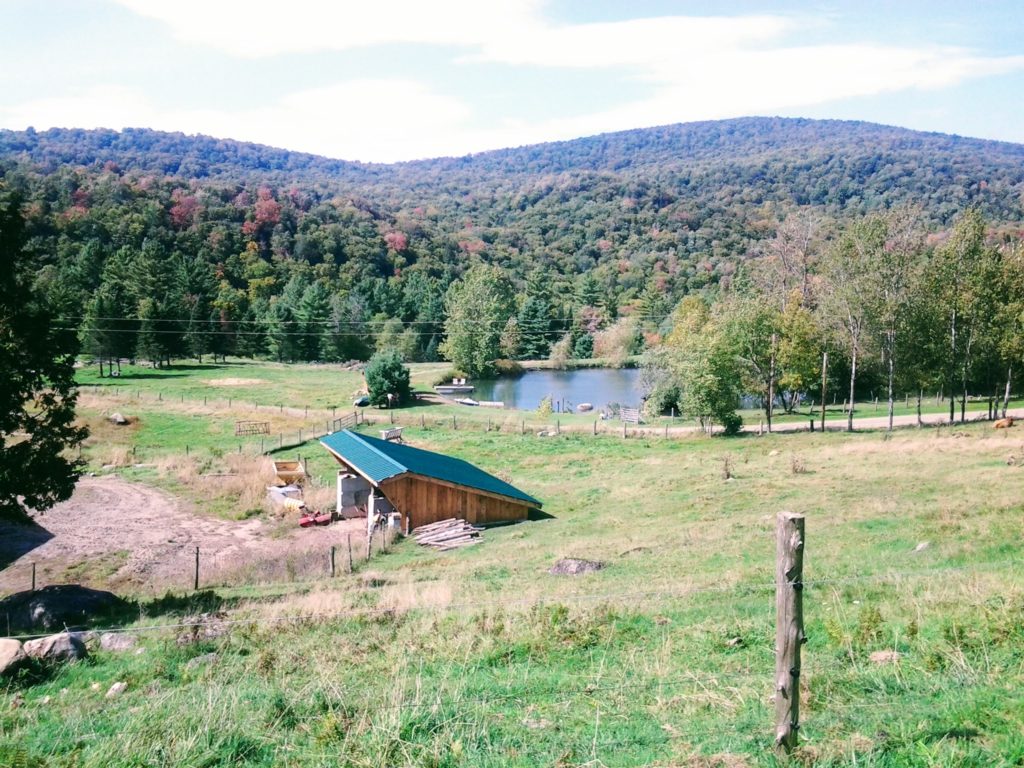
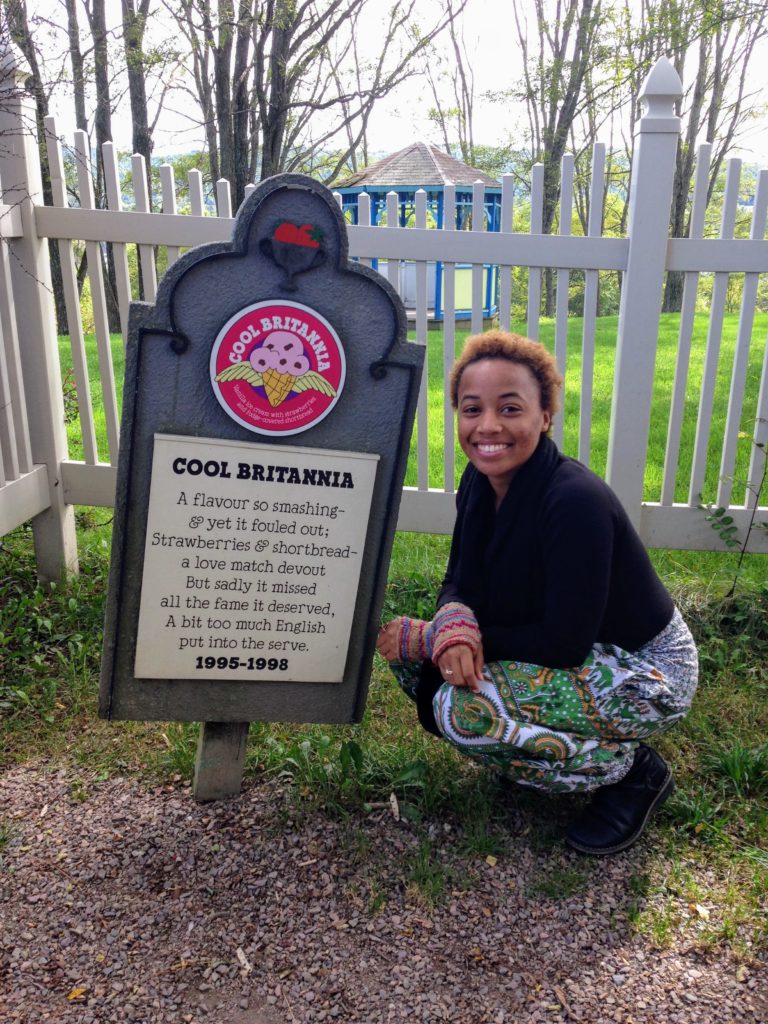
Optic neuritis was not my only concern after I returned from Vermont
Weeks had passed and I still did not have full vision but it was improving. I also did not have any of the symptoms I had been reading about on the internet daily. I assumed I might actually be fine at this point.
Once my MRI scan was complete and a second Neurologist in San Francisco went over the results, she was almost certain it was MS. She promised to take a closer look at my medical history and notes from others doctors but the MRI scans seemed to be “consistent with Multiple Sclerosis.”
All I could imagine is me packing my things, leaving the organisation and California and boarding a one-way flight back to my parents’ home in The Bahamas.
The ignorance of my condition and pessimism towards the whole ordeal was not a good combination.
From the first time I heard the words “multiple sclerosis” from the eye specialist to the time I sat down with the Neurologist in San Francisco, I had consumed loads of information that didn’t relate to my specific diagnosis. Once my Neurologist officially diagnosed me with Relapsing-Remitting MS (RRMS), I was relieved but still heartbroken.
She took her time to answer every question, provide me with reading material, support groups and a list of every Disease-modifying therapy (DMT) on the market to go over with my GP–not the guy from the intro, my Homeopath.
Beginning with the Neuro in San Francisco, I wish that this experience of understanding and patience could be the main way that we learn about our chronic illness. Very idealistic I know, but Multiple Sclerosis and chronic illness, in general, is a minefield! Your state of being can drastically change from one day to the next. It’s unpredictable. Some symptoms are difficult to visually detect and at times it can be embarrassing–as I learnt the hard way when I was made aware that I was drooling on myself in a meeting.
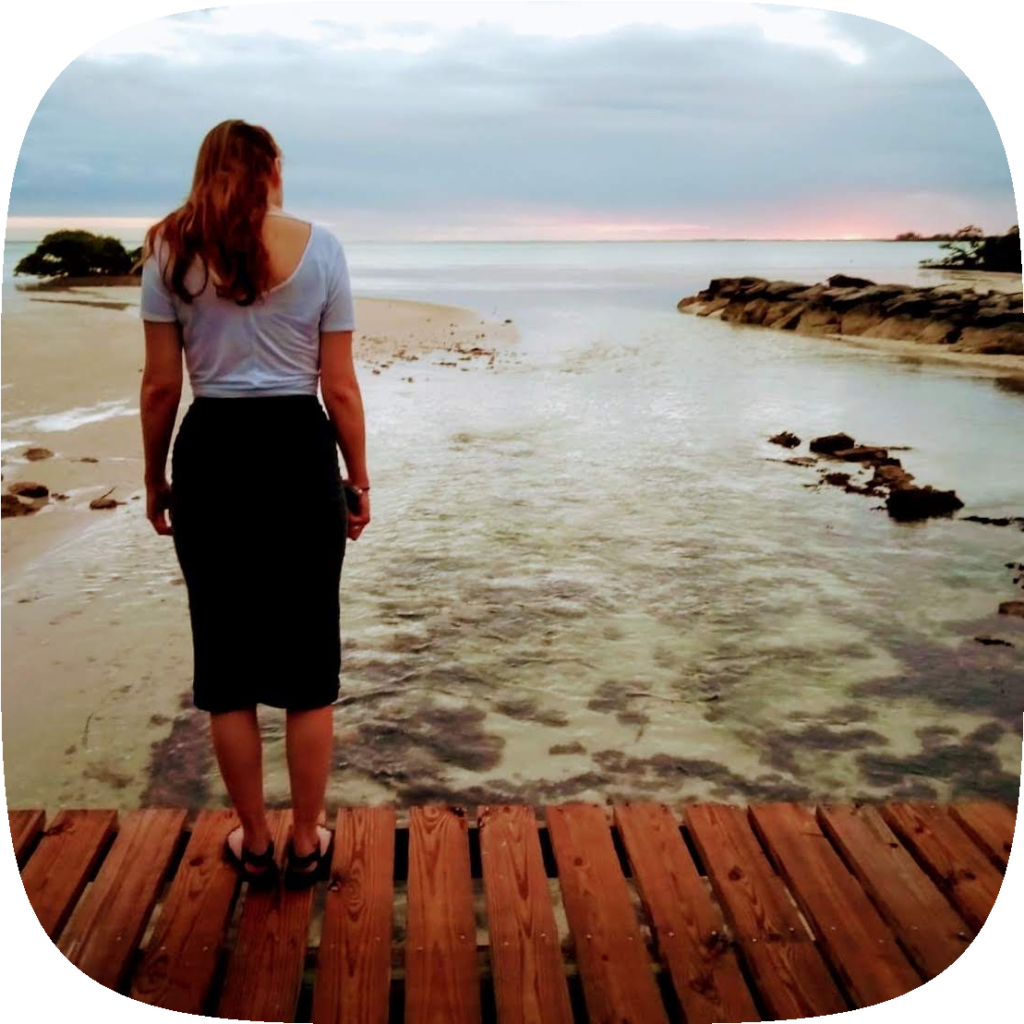
It’s your body and when researching your chronic illness, it’s your choice the order in which you wish to be educated
Don’t get me wrong, self-initiative and research are important. You should be well-informed about what’s going on in your body and with whatever condition you might have.
Googling MS aimlessly was the wrong move for me because I did this alone and before I was diagnosed. I wish the first article I read warned me to stop and be patient. Every night leading up to the big Neuro visit, I stayed up late reading articles and watching videos of what life with MS could be like for me.
I was diagnosed with Relapsing-Remitting Multiple Sclerosis (RRMS) by a fantastic Neurologist and Researcher in the field. She took her time to explain next steps but was careful to add that MS displays itself and evolves differently in everyone.
Even though there is no cure, I spoke to a few women who gave some insight into the potential for a good quality of life with RRMS. They also helped to bring some of my expectations to a realistic level. All of these resources, specific to RRMS, were what I needed at the time. It provided a chance to focus on the information that related to my diagnosis.
This experience does make me wonder how many of you have been overwhelmed with a recent diagnosis? I’d love to hear how you’re coping with it all.
Warmth,
B the travelling MS xx
